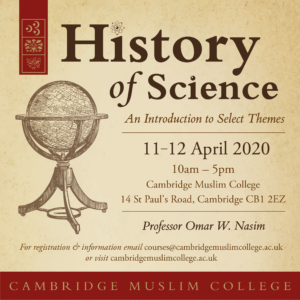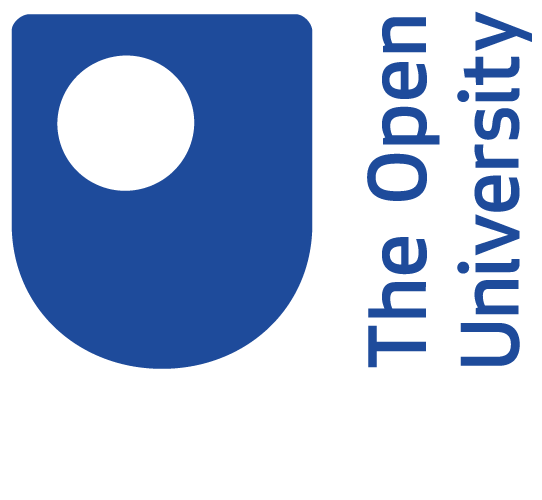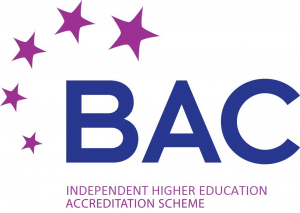 Programme Description
Programme Description
Western science has been one of the greatest forces for cultural change around the globe in the last 500 years. Scientists have changed the way we see the world, the way we see ourselves and each other, and have equipped us with technologies that enable us to fly in the skies and catch neutrinos underground. It is no wonder that many societies—western and non-western—hold science in such high regard: a go-to when it comes to knowledge-claims of all sorts, especially those governing our actions in the present and future. But perhaps due to the rationalizing role that science has played in our world today, it has typically been seen as distinct from its historical, cultural, social, and institutional contexts. Science seems to stand above and apart from human affairs. Starting from the so-called “scientific revolution” and up to the present moment, this course selects some key themes from this history in order to critically situate science back into the history of human affairs. We humanize science. The course introduces themes that have been extensively pursued by historians of science which when taken together begin to suggest an alternative view on science and its place in history, culture, and society. This, it will be shown, has major revisionary implications for how modern Muslims have recast their history, particularly in relation to science.
By the end of the programme participants will have:
- An exposure to some key themes dealt with by historians of science
- A critical look at commonly held assumptions about science and its history
- An alternative framework for understanding science and its history.
- Looked at critical consequences of this alternative framework for how Muslims continue to understand their own history in relation to science.
Instructor Bio
Omar W. Nasim currently holds the Professorship for the History of Science at the University of Regensburg. Before taking up this post, Nasim was at the Centre for the History of Science at the University of Kent (Canterbury, UK) and a Newton International Fellow (British Academy and Royal Society) at the Department of History at Oxford University. He has also worked in Amsterdam, Basel, Zurich, Florence and Berlin. He earned his PhD in Philosophy at the University of Toronto and completed his Habilitation at the ETH-Zurich. He has authored two award winning monographs, including Observing by Hand: Sketching the Nebulae in the Nineteenth Century (University of Chicago Press, 2013), which won the History of Science Society’s prestigious Pfizer Award for 2016.
Dates
11 & 12 April, 10AM – 5PM
Venue
Cambridge Muslim College, 14 St. Paul’s Road, Cambridge, CB1 2EZ






